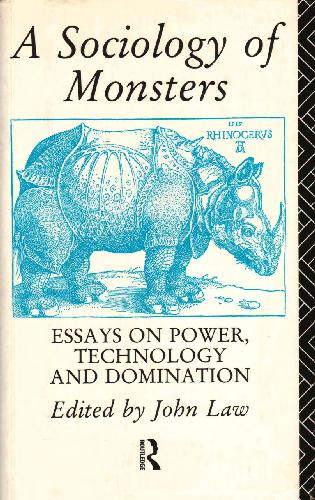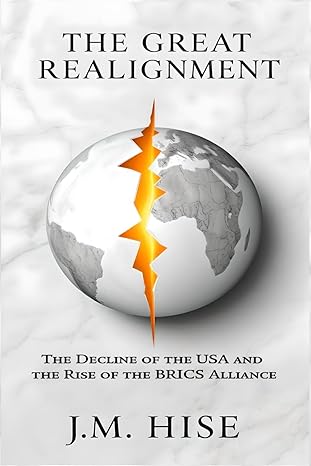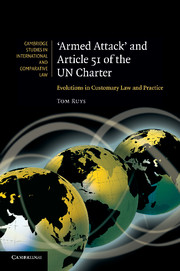دانلود کتاب A Sociology of Monsters Essays on Power Technology and Domination - Original PDF
Author:
John Law
0 (0)
توضیحات کتاب :
We founded ourselves on class; then, at a much later date wc learned a little about ethnicity; more recently we discovered gender; and more recently still we learned something - perhaps not very much yet - about age and disability. So might a white, middle class, middle aged man with a normativcly approved set of physical skills write of the history of his sociology. So might he comment on the way in which he slowly learned that 'his' sociology had never spoken for 'us': that all along the sociological 'wc' was a Leviathan that had achieved its (sense of) order by usurping or silencing the other voices.Even so, this was a sociology always driven, at least in part, by a concern with distribution - for otherwise it would never have learned of its isolation. It was driven by a concern with pain. It was driven by an ambivalent wish to learn of and intervene about injustice. But what should count as a distribution was fought over time and time again in the retreat from a sovereign order. 'We* found it difficult to recognise class - for after all, we are all free and equal in the market. And ethnicity, too, was slow to come into focus, perhaps because it was hoped that this was underpinned by a logic of class. Then those who look class seriously - and, to be sure, those who did not - found it difficult to recognise gender. Where 'we* are now, gender is somewhat, but only somewhat, in focus. Still there are great silences about gender. As there are about age, about disability.
سرچ در وردکت | سرچ در گودریدز | سرچ در اب بوکز | سرچ در آمازون | سرچ در گوگل بوک
1,006 بازدید 0 خرید










